Home »
Misc »
How to be a good team player in basketball
How to be a good team player in basketball
5 Ways to be a Great Teammate in Basketball
This article was written by Basketball HQ co-founder Kyle Ohman.
It seems that in today’s game with younger players, there is this misconception about what a great teammate looks like. There is this idea that you are either a great teammate or a great player, and it is up to the bench players or the role players to be good teammates.
However, that is just not the case. The best players on each team should also be the best teammates. If you need any further argument for this, just look at the Golden State Warriors or the San Antonio Spurs.
Both of these teams are filled with players that unselfishly put the team first, but somehow seem like they are having more fun than any other team in the NBA, while also, most importantly, winning at a high level.
There are skilled players that dominate the ball and put up great numbers, but eventually, they lose to a team that plays unselfishly for each other and is willing to do whatever it takes to win.![]() Great teams are filled with great teammates; it is as simple as that.
Great teams are filled with great teammates; it is as simple as that.
Listed below are five ways that every basketball player can focus on to be a better teammate and help their team.
Attitude
- We Over Me
- Understand that the team comes first and must be put above any personal goals.
- Be willing to sacrifice personal achievements for the team’s success, if needed.
- In most cases, the team’s success also raises your individual success. People like to follow winning teams.
- Bring it Everyday
- Have a great attitude even when you are tired, frustrated, etc.
- Encourage teammates to have a great attitude.
- Must speak to them in the right way.
Effort
- No Plays Off
- Give your best effort in practice, conditioning, the weight room, and any other team activity.
- Play your hardest, regardless of whether you feel like it or not.
- Teammates are always watching what you do.
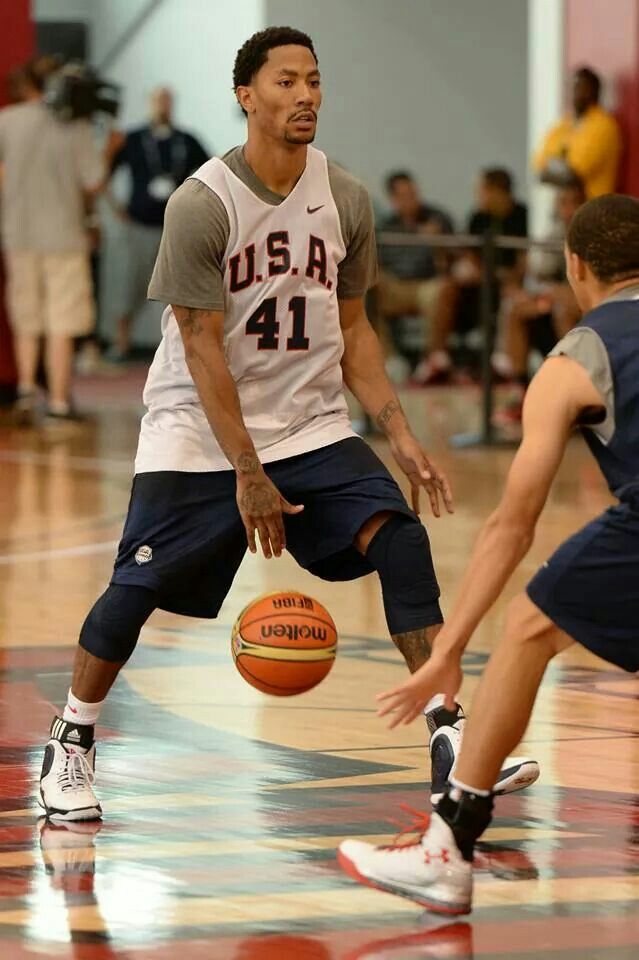
- You are always a leader, one way or the other.
- Off the Court
- Do your best in everything that you do.
- Classroom
- Film
- Scouting Report
- Studying
- Your best effort shouldn’t just be limited to basketball.
Engaged
- On the Floor
- Know the offense, defense, and any scouting report changes.
- Be able to communicate with your teammates and help them better understand these areas as well.
- Understand time and score, what the coach wants, game flow, and all the other details of each game.
- On the Bench
- Be equally engaged and communicate with teammates on the court.
- Echo play calls.
- Communicate to defense:
- Cutters
- Screens
- Scouting Report
- Type of Defense
- Celebrate team success.
- Bring energy from the bench.
- Don’t isolate at the end of the bench.
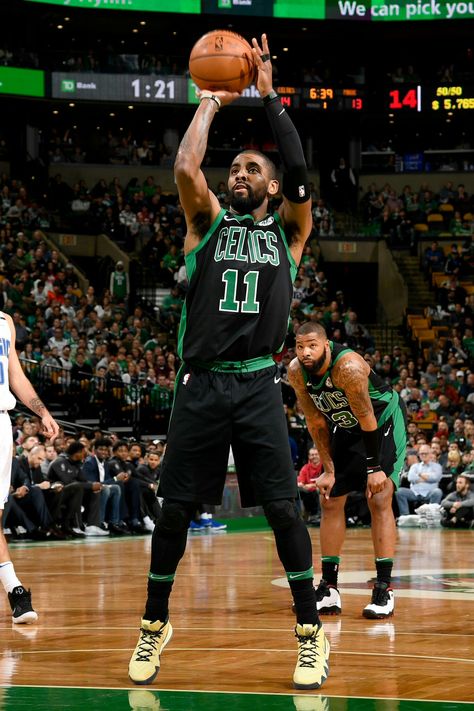
- Talk to coaches to better understand what they are looking for from you.
- Shows coaches that you are invested in the game.
Role
- Buy Into Your Role
- Whether it the leading scorer, defensive specialist, etc., you need to master your role.
- It is all about being the best you can be at YOUR job.
- Improving Your Role
- Always be working hard on your own to increase your role on the team.
- This needs to be done with extra work before and after practice.
- Be ready when the time comes to showcase your hard work.
- This may be more minutes, more shots, etc. Whatever it is, be ready to go when you are called upon.
Leader
- Lead by Example
- Be the first in and the last out of every practice, workout, meeting, etc.
- Give your best effort in everything that you do.
- Invest in Teammates
- Bring your teammates to the gym with you to workout.
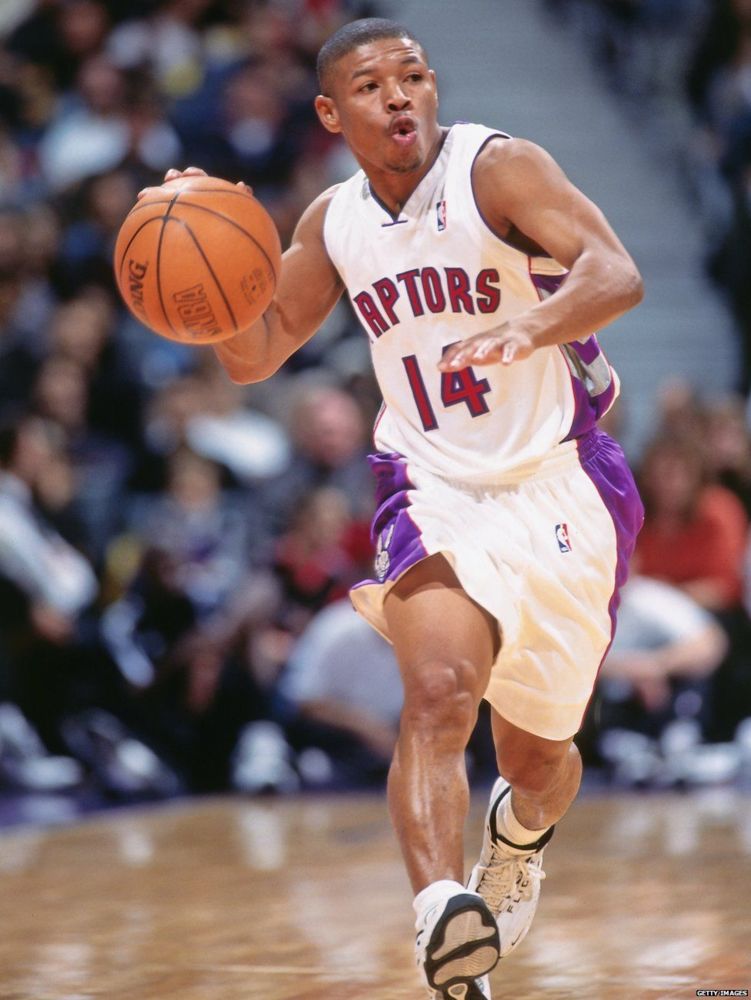
- Hold teammates accountable in practice and games (speaks to them in the right way).
- Must earn the right to do this by being consistent (goes back to daily attitude and effort).
- Celebrate another teammate’s success.
- Knowledge
- Help teammates better understand the team’s plays, defense, strategy, etc.
- To do this, you must be willing to put in the extra time to make sure that you understand team strategy at a high level.
How To Be A Good Basketball Team Player [18 Important Tips]
If your teammate with whom you’re competing for a spot in your basketball team achieves something great, do you cheer for him? Are you happy for him or jealous? Are you frustrated? When did the last time you congratulate him after finishing a match? What is the feeling you have inside for him right now at this moment? And lastly, how to be a good basketball team player?
Well, let me remind you one thing.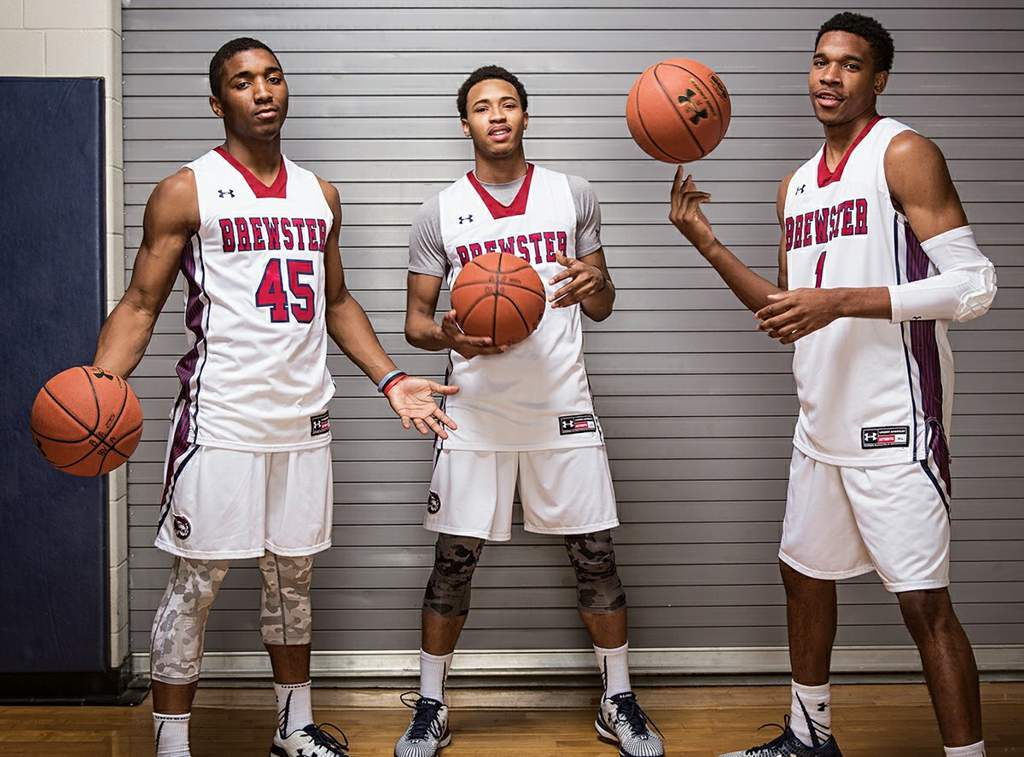 If you have a team with an unselfish group of players who support each other, you will usually perform better than a group of individuals that hardly plays as a team. Irrespective of the sport you play, the best teams are made up of those who collaborate and are happy to make sacrifices. You will only get more out of your life when you become selfless and put others before your own needs.
If you have a team with an unselfish group of players who support each other, you will usually perform better than a group of individuals that hardly plays as a team. Irrespective of the sport you play, the best teams are made up of those who collaborate and are happy to make sacrifices. You will only get more out of your life when you become selfless and put others before your own needs.
This is strongly believed in basketball that you need to promote teamwork to win games. This is why, in addition to working on developing individual skills you must be able to work with your teammates and learn how to play as a team. This is easier said than done. Both you and your teammates need to cooperate and do a lot of things if you want to win games.
If you’re looking for ways to be a good basketball team player then here are a few tips for you that you can apply. These tips will help you to shift into a mindset that might be needed to develop your character. It’s not that difficult to become a better person for guys around you. All you just require is to try these simple ways to be a better teammate and stick to them.
All you just require is to try these simple ways to be a better teammate and stick to them.
Table of Contents
- 19 Tips To Become A Good Basketball Team Player
- #1. Get Introduced
- #2. Team First Attitude
- #3. Work Hard & Be Purposeful
- #4. Thrive for Excellency and Encourage Other
- #5. Sacrifice for Your Team
- #6. Honesty
- #7. Be Humble Always
- #8. Make Everyone Efficient
- #9. Be Optimistic
- #10. Have Mutual Respect
- #11. A True Leader
- #12. Buoyant
- #13. Your Family
- #14. Take Responsibility
- #15. Applaud Your Teammates
- #16. Sideline Support
- #17. Cheer For Your Teammates
- #18. Rotating Captains
- #19. Parents and Support
- Pro Tips:
- Basketball Teamwork- How much important is it?
19 Tips To Become A Good Basketball Team Player
#1. Get Introduced
The first thing to be done to form a team is to gather everyone and introduce yourself to all and then let the rest of the team introduce themselves.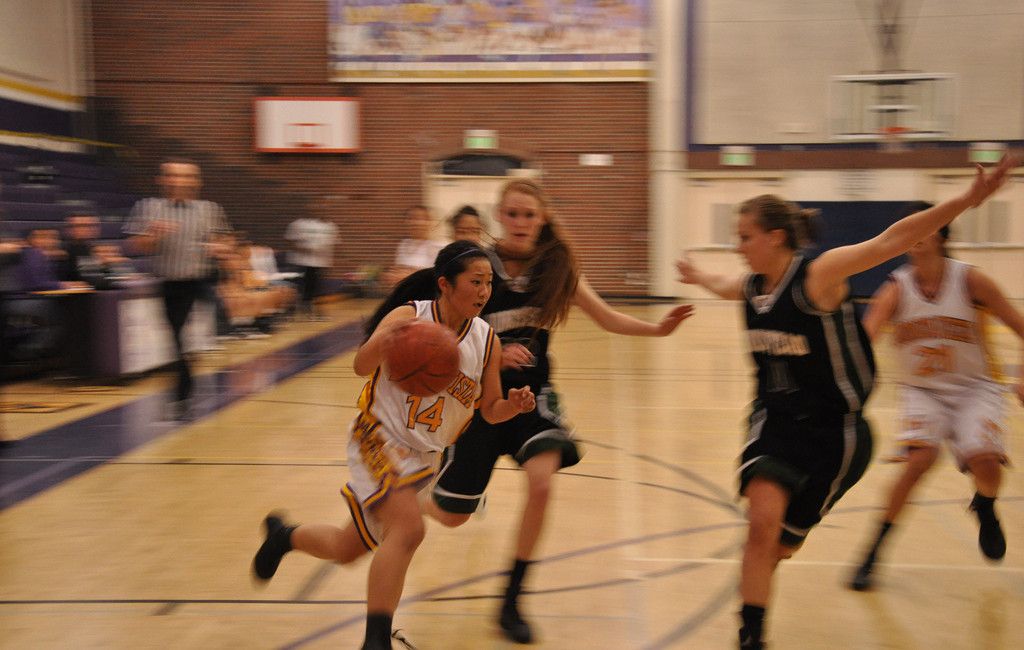
You can start by telling them about your experience in basketball, for how many years you have been playing, in which teams you have played earlier, your hometown etc. this will help you to find similarities among each other and make friends quickly.
#2. Team First Attitude
A self-obsessed player calculates only how many points he scores or the number of times he blocks the opponent’s offense. He is only concerned with the aspects of the game that affect his gameplay. He seldom cares about the team whereas a good team player understands his role.
A perfect team man puts his team first. Irrespective of the individual role he plays on the court, he helps everyone regarding their game. He does everything to help the team to be successful. Yeah, this is not certainly easy to do, but a great teammate must find a way to put the team success above his own supremacy.
If you’re not sure about what type of player you really are, ask yourself this question: What if my team loses even after performing brilliantly? Would I be a happier person? Hope, you got your answer.
#3. Work Hard & Be Purposeful
A great teammate gives relentless effort behind his game. Your coach doesn’t need to force or give you instructions here. This has to come from your inside.
There will be certain things happening on the basketball court that you can’t control. But you can certainly control how well you prepare yourself before the game. You can only get better by giving an extra effort than yesterday. This not only just bodes well with your game but also pushes your teammates to give their best.
So, when you go to gym, try to take a teammate or two with you.
#4. Thrive for Excellency and Encourage Other
A good player never stops learning new tricks which can improve his game. They keep on working to enhance their skills and never feel tired. Not everyone on your team will be inclined to toil hard, and some of them may just need a little bit of encouragement to improve their game. So, your dedication should encourage teammates to spend more time developing their skills.
So, your dedication should encourage teammates to spend more time developing their skills.
Just see when you’re practicing how many teammates start to join you. By working together a special bond will be created within the team.
#5. Sacrifice for Your Team
It does not really matter what sport you play, you may require to make some sacrifices to help your team to win in a certain situation of the game. It may be little things that can go unnoticed. They don’t demand any medal or reward for that. They are just happy to contribute.
Remember not everyone can be the hero all the time. You can’t score everytime. Make room for your teammates to score. You should have players on the team who are ready to make sacrifices for the team. For e.g make a block to help your teammate to score.
#6. Honesty
All great relationships are built on honesty. You should stay true to your words and promises that you have given to your coach and teammates.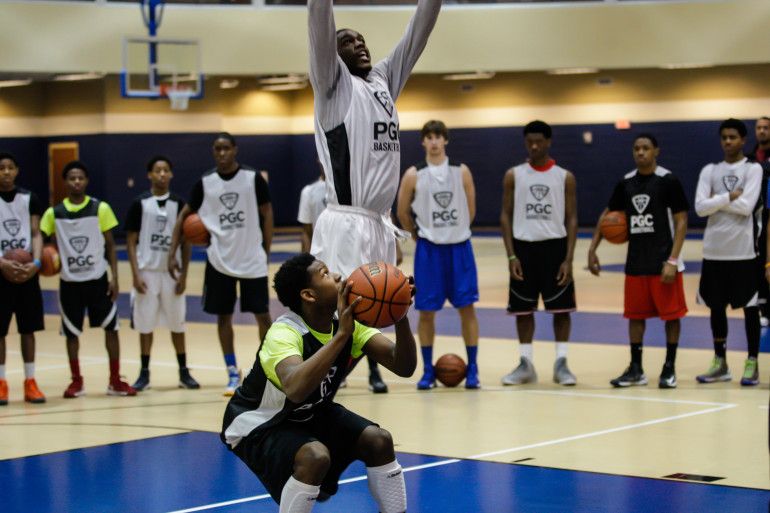 Because they also need to know that they can trust you during the highs and lows of a season.
Because they also need to know that they can trust you during the highs and lows of a season.
#7. Be Humble Always
Stay humble and keep your feet on the ground. You may be the superstar of your team, a key player, but the team comes first. So keep your individual achievements aside because your team is the first priority. Praise your teammates. Teams do succeed only when none cares about who gets the appreciation.
#8. Make Everyone Efficient
Set high standards both for yourself and your teammates. If your teammate isn’t giving his 100% or not fulfilling his duties properly, then talk to him. Find out where his problem is and get them back on track.
You can’t be afraid of confrontation. Work out a strategy that may help him to get back to the rhythm. Be the player who reaches out to help everyone in the team. Keep in mind that you can’t accept a negative reaction from your teammates.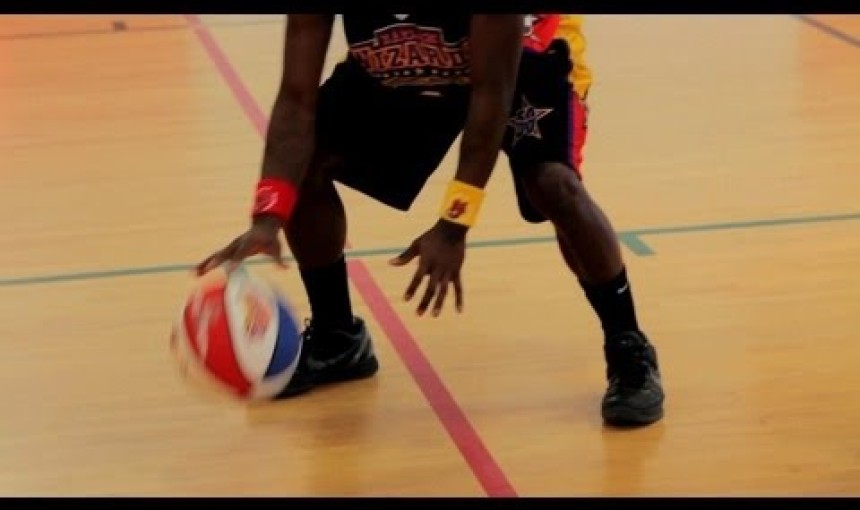
#9. Be Optimistic
Even if the team is not doing well, don’t just complain blindly. You should find out what has gone wrong. At the same time, look for the positives in those hard times.
#10. Have Mutual Respect
Be polite and respect your coaches, teammates—no matter whatever their background is never say a rude word to them. Encourage and cheer on your teammates. Create a healthy team culture.
#11. A True Leader
“I am not the best player in the team. So, how can I be the leader?” well, if you’re thinking that way, then let me tell you that you don’t have to be the best one on your team to be the leader. You don’t even need to be a vocal leader.
Turn up into the practice early, challenge teammates, bring some energy, talk about different techniques and aspects of your game etc.
#12. Buoyant
If your team loses a game, don’t lose your heart.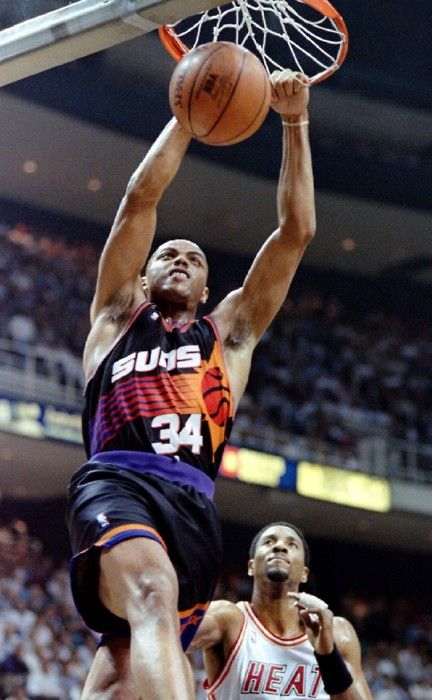 Use this loss as an opportunity to achieve greater things in future. Think about what is the solution and how you all can go through this tougher period.
Use this loss as an opportunity to achieve greater things in future. Think about what is the solution and how you all can go through this tougher period.
Mental toughness is so crucial here. Your ability bounce to back quickly can influence the whole team. You can see how much difference a positive mindset of a player can do. Be the resilient one.
#13. Your Family
So much up and down can happen in a season. Support your teammates and build up a close relationship with them. While you’re with them try to enjoy every moment of it. It can make a huge difference between success and suffering.
#14. Take Responsibility
You are the representative of your team. So, you should take responsibility for your actions and behaviour all the time.
#15. Applaud Your Teammates
Supporting each other and promoting teamwork is key factor to success.
#16.
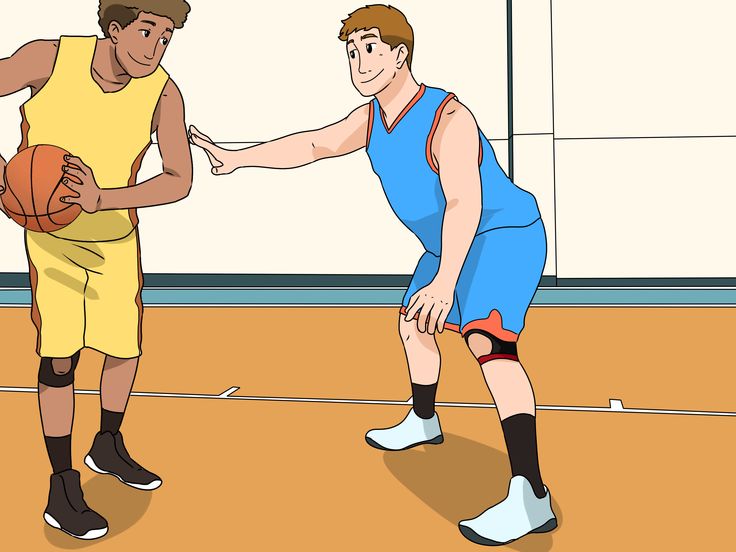
Sideline Support
Even if you’re on the bench, you should support and cheer for your teammates who are playing on the court. As a result, they will feel encourage and push themselves a bit more. It can have a huge impact if the current match situation is not in your favour. It keeps the moral of the team high and shows a strong bond among the players.
#17. Cheer For Your Teammates
If they make a good play, cheer for them. Even if they are not playing well, show a positive attitude and encourage them to play better. Thus it will create a supportive, positive team culture. Create your own cheer or ask for support from cheerleaders or fans.
#18. Rotating Captains
This is for your coach. If you want to promote good teamwork among players, what is the point of having one captain throughout the season. Keep at least 3 to 4 captains and rotate them depending on the opposition.
#19.

Parents and Support
Tell your players to convince their parents to come and watch them play. If they know their parents are watching them, they will be extra motivated and try their best to play as a team.
Pro Tips:
1. If there is a challenge before you, feel grateful that you’re having an opportunity to test your techniques and skills. Show up in practices everyday. Feel grateful that you are part of the team. Keep good relationships with your coach, teammates and everybody else around your team.
2. Keep in mind that action speaks louder than words. So, focus on efforts to become a better basketball player instead of passing the time in gossips. Chances of creating good impression- gone.
3. You should be able to communicate with each other and therefore must have a growth mindset. Your primary goal is to get better and better. If you have any wrong technique in your game, talk to your coach and teammates.
If you have any wrong technique in your game, talk to your coach and teammates.
Accept the criticism and show them you are not insecure about your position. Display the hunger to learn from your mistakes and encourage teammates to do the same.
4. You can’t make excuses for poor play. Sometimes you play well, sometimes you don’t. it can happen time to time and coach understands it. But you can’t complain saying that you were tired etc etc. You can’t make it a habit all the time. It can send a wrong message to the rest of the team. Instead work hard to set yourself up for the bigger prize.
5. Never talk bad about teammates or coaches outside the team environment. I repeat never say never.
6. Last but not the least rule to become a good teammate is you can’t point the finger towards anyone. Many things can go wrong in a season but don’t blame one another. Win and loss are the part and parcel of a game. Mistakes are inevitable and after all we all are human. It is important to learn to stick together through tough times and pick each other up.
Win and loss are the part and parcel of a game. Mistakes are inevitable and after all we all are human. It is important to learn to stick together through tough times and pick each other up.
A good team player always stays positive and this might be just enough to infect the encouragement among the rest of the team.
Basketball Teamwork- How much important is it?
Teamwork allows a team to function together. What does come to your mind when you talk about teamwork? A group works together to achieve a common goal. You may have individuals with some extraordinary skills. But they think of themselves as superstars and dismiss the thought of working together as a team. They think that it won’t come to any good in their game.
But there are individuals who are not that great compared to their counterparts but functions really well as a team. They are destined to achieve greatness in the long run.
So, superstar players who don’t like the idea of playing together shall end up loosing to much inferior teams that play together to cover each other’s shortcomings. Now imagine some great individuals are working together. If that doesn’t make that core group of players world beaters, then what will?
Now imagine some great individuals are working together. If that doesn’t make that core group of players world beaters, then what will?
The basketball game is a team sport. This is not a one man show. So, team work plays a major role here. If a player of high quality instead of passing the ball to his open teammate chooses to go all by alone then he certainly doesn’t fill the first criteria to become a good basketball team player. These selfish type of play can bring some wins for the team here and there but will never be able to bring a title for the home crowd.
You need to confuse your opponents whether it is in defense or offense doesn’t matter. If the defense knows from where your shots are coming into and which player takes the shot, that’s a pure disadvantage for your team. Then they will just concentrate to stop the scorer.
A good teammate often attracts defenders towards him and the pass the ball to an open teammate. If he is selfish, he won’t pass the ball. As a result, your team may lose possession number of times.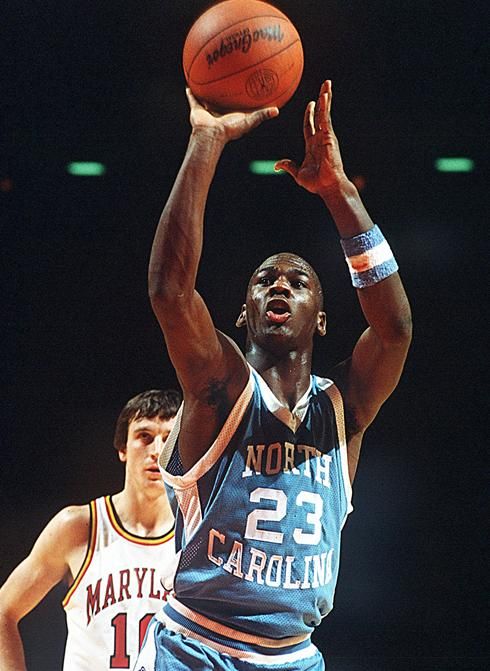
In terms of defense, a good basketball team player doesn’t just stick to his own position. He steps out to lay a helping hand to his teammates. Often he runs after the offense to block their shot. Selfish players won’t step out to provide a second line of defense to their team. As a result, it can cost your team the match.
If players have practiced well enough, they should know inside and outside of each other’s game. They must be in tune with each other and should be able to move selflessly on the floor. They don’t need to tell each other what to do and when. They simply look at the situation of the game, then make a decision and move to cover each other.
Read Article Links:
1. https://sportszpro.com/importance-of-having-a-retractable-basketball-hoop/
2. https://sportszpro.com/how-to-become-a-better-shooter-in-basketball/
3. https://sportszpro.com/become-a-dominant-basketball-big-man/
4. https://sportszpro.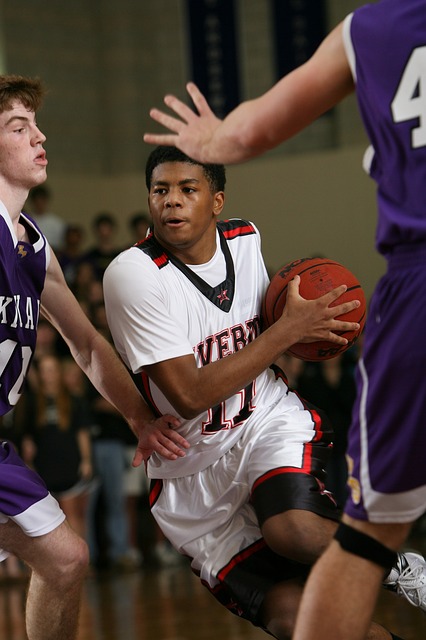 com/how-to-become-an-nba-referee/
com/how-to-become-an-nba-referee/
Five tips for becoming an effective team player
"Stars win individual games, but teams and strategy win championships" - Michael Jordan, considered one of the best basketball players of all time .
On the basketball and soccer fields, you don't just take over the game.
Good job performance also means being a good team player.
Companies expect employees to work together to effectively achieve their goals. The strength of the team lies in the application of different skills, perspectives and approaches to solving business problems and problems. Teamwork inspires, increases motivation and responsibility, and helps create an environment where people can learn from each other. And use the knowledge gained in the interests of business.
The ability to work in a team shows that you can add value to the organization as a whole by putting your experience and strengths at the disposal of the team.
How can you develop the skills to work for the benefit of the team?
Know what's what
Good team players understand what needs to be done and why. They know how their skills and abilities will help the team complete the task. Simply following someone else's instructions is a fast road to resentment and isolation. When you play for a team, you know your role, why you are doing it, and how to support others by helping them improve.
They know how their skills and abilities will help the team complete the task. Simply following someone else's instructions is a fast road to resentment and isolation. When you play for a team, you know your role, why you are doing it, and how to support others by helping them improve.
Support teammates
Acknowledge teammates' accomplishments and encourage them in their work. Make it your priority. When colleagues are faced with a problem, offer to help them if you can help.
Constructive criticism
Because you know the collective goals and the contribution you and your teammates make to achieving them, you can offer advice and help when problems arise. However, be careful. People respond well to comments when they see a sincere desire to help. Criticism should be constructive and serve to achieve common goals. Therefore, be sincere and honest. Team players never score at the expense of their colleagues.
Conflict management
Avoiding conflict in the workplace is almost impossible.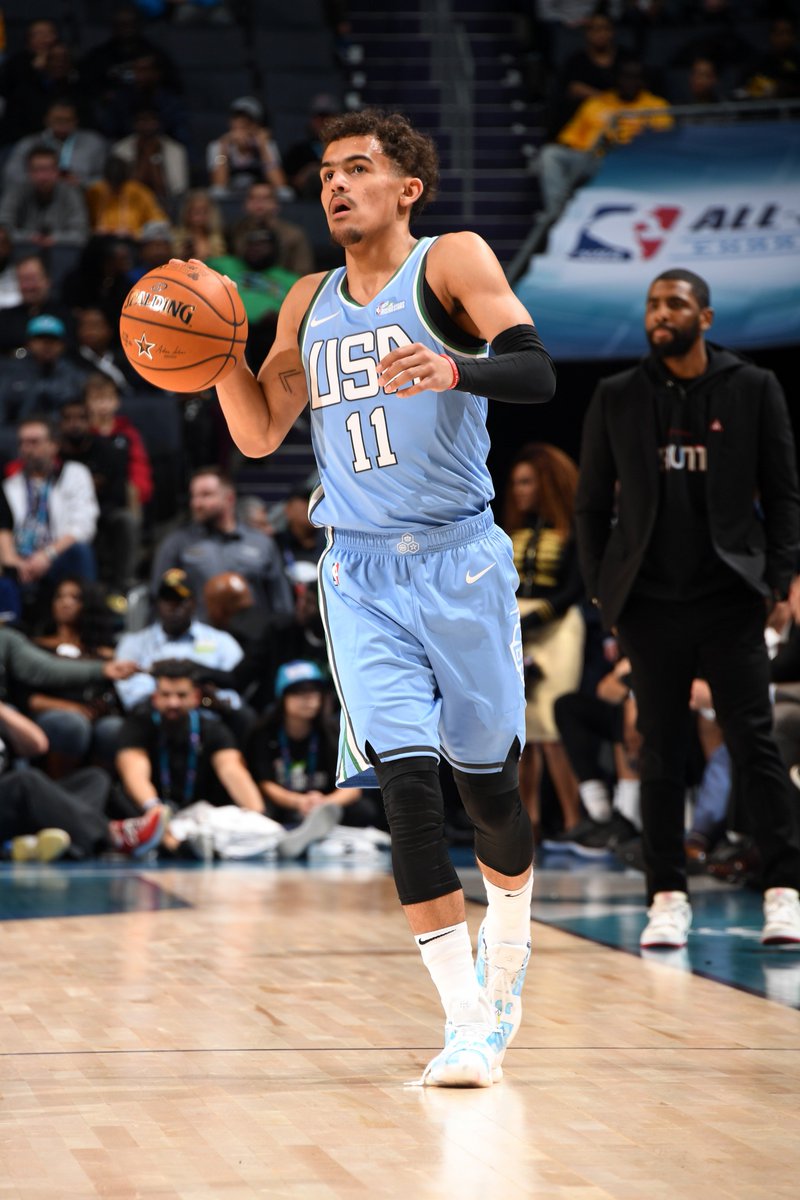 One way or another, conflicts between people will arise, especially if you need to complete a task on a tight deadline or under stressful conditions. Remember that the combination of diverse skills and different personalities is one of the main indicators of a good team. When disagreements arise, team players take a step towards each other, offer ideas for resolving the situation, and are also able to listen to constructive criticism addressed to them. Conflict management is a key skill and a key leadership quality, no matter where you are on the career ladder and whatever your aspirations.
One way or another, conflicts between people will arise, especially if you need to complete a task on a tight deadline or under stressful conditions. Remember that the combination of diverse skills and different personalities is one of the main indicators of a good team. When disagreements arise, team players take a step towards each other, offer ideas for resolving the situation, and are also able to listen to constructive criticism addressed to them. Conflict management is a key skill and a key leadership quality, no matter where you are on the career ladder and whatever your aspirations.
Having a clear understanding of your capabilities
When managing conflicts or other people's expectations, it is important to know your strengths and weaknesses and, accordingly, your capabilities. The decision to participate in a team project must be approached thoughtfully. Excessive workload or zeal can lead to stress, resentment, and other types of obstacles that can derail a collective project. It's important to know when to say "no" or how to negotiate with a team leader or colleague so that the job gets done well and within a realistic time frame.
It's important to know when to say "no" or how to negotiate with a team leader or colleague so that the job gets done well and within a realistic time frame.
Becoming a team player is not always easy and can take time and effort.
However, the recipe is simple - don't give up, stay true to yourself and your commitments, show respect for others, and you'll end up on the winning team.
How to become a good team player — Work.ua
Those who know how to work in a team are appreciated by both managers and colleagues. Their opinion is listened to, and ideas are perceived with a bang. Work.ua tells how to become such an employee.
There is no escape from working in a team. Of course, there are exceptions in the form of writers or night watchmen, but still, in most professions, teamwork is a key skill.
"Teamwork is so important that it's almost impossible to achieve the heights of your abilities or earn the money you want without achieving success in a team," says motivational coach Brian Tracy.
Therefore, Work.ua tells you what skills are needed in order to become an excellent team player. Check if all the principles of teamwork are close to you. Especially if sometimes you feel discomfort in the team.
Know what's what
A good team player understands what needs to be done and why. He knows how his skills and abilities will help the team complete the task. Simply following someone else's instructions is a fast road to resentment and isolation. When you play for a team, you know your role and understand why you are doing it.
Listen, Hear, Persuade
Effective interaction with colleagues is impossible without the ability to listen and hear when you pay attention to the point of view of other people, whether you agree with it or not. In addition, it allows you to capture the mood in the team, and will not let you miss effective ideas that may arise among group members.
"Many ideas get better when they are transferred to other heads, and not where they originated," said Oliver Wendell Holmes, an American lawyer and jurist, long-term member of the US Supreme Court
.
The ability to convince is no less important. A team can fail only because one member had the right solution to achieve the goal, but he could not convince the others of this. In order to be heard in time, it is important to train persuasion skills. And how to know? Maybe one day, it is your idea that will lead the team to victory.
Support colleagues
A team full of players who support each other will perform better and have more fun than a team full of individuals who are not ready to share one common goal.
If colleagues are doing well, tell them about it. If something doesn’t work out for them, don’t escalate the situation, but offer help.
Be able to smooth out conflicts
One way or another, contradictions between people arise, especially if you need to complete a task on a tight schedule or under stressful conditions. Remember that the combination of diverse skills and different personalities is one of the main indicators of a good team.
When disagreements arise, team players take a step towards each other, offer ideas for resolving the situation, and are also able to listen to criticism addressed to them.
Criticize constructively
Because you know and understand the collective goals and the contribution you and your teammates make to achieving them, you can offer advice and help when problems arise. However, be careful.
People respond well to comments when they see a sincere desire to help. Criticism should be constructive and serve to achieve common goals.
Be clear about your capabilities
When managing conflicts or other people's expectations, it is important to know your strengths and weaknesses, and therefore your capabilities. Approach the decision to participate in a team project thoughtfully.
Excessive workload or zeal can lead to stress, resentment, and other obstacles that can derail a collective project.
It's important to know when to say no or how to negotiate with a team leader or colleague so that the job gets done well and on time.